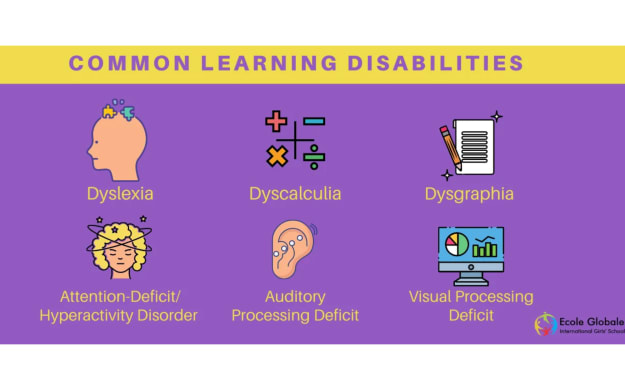The Cost of Cyber Crime, Exploring the Economic Impact of Online Threats
Cyber Crime

Cybercrime has become an ever-looming specter in the digital age, posing significant threats to individuals, businesses, and nations alike. In this article, we delve into the economic ramifications of cybercrime, examining its multifaceted impacts on various sectors of society. From financial losses to reputational damage, the toll of cyber-attacks extends far beyond the realm of ones and zeros. By shedding light on the true cost of cybercrime, we aim to underscore the urgency of bolstering cybersecurity measures and fostering greater resilience in the face of evolving threats.
Understanding the Scope of Cyber Crime
Cybercrime encompasses a broad spectrum of illicit activities conducted in cyberspace, ranging from data breaches and identity theft to malware attacks and online fraud. The interconnected nature of the digital world has created fertile ground for cybercriminals to exploit vulnerabilities across networks, devices, and applications. Moreover, the proliferation of sophisticated hacking tools and underground marketplaces has democratized cybercrime, enabling both skilled hackers and novices to wreak havoc with relative ease.
The Financial Fallout
One of the most tangible consequences of cyber crime is its financial impact on businesses and individuals. According to recent studies, the global cost of cybercrime is projected to reach trillions of dollars annually, with losses stemming from a myriad of sources. For businesses, the repercussions of a cyber-attack can be particularly devastating, encompassing direct financial losses, legal expenses, regulatory fines, and remediation costs. Moreover, the erosion of customer trust and brand reputation can inflict long-term damage on companies, driving away clients and stifling growth.
The Human Toll
Beyond monetary losses, cybercrime exacts a profound human toll on its victims, causing emotional distress, anxiety, and trauma. Identity theft, for instance, can shatter individuals' sense of security and invade their privacy, leaving lasting scars on their psyche. Similarly, ransomware attacks that encrypt critical data can paralyze organizations, leading to widespread disruption and upheaval. The psychological impact of cybercrime reverberates far beyond the digital realm, underscoring the need for inclusive support services and victim assistance programs.
The Evolution of Cyber Crime
Cybercrime has undergone a remarkable evolution in recent years, morphing from isolated incidents of hacking into a sophisticated, organized enterprise. What once may have been perceived as mere digital mischief has now become a lucrative industry, with cybercriminals employing advanced tactics and techniques to infiltrate networks, steal data, and extort victims for profit. This evolution has been fueled by technological advancements, the proliferation of interconnected devices, and the growing sophistication of malicious actors. As cybercrime continues to evolve, so too must our strategies for combating it, emphasizing collaboration, innovation, and resilience in the face of ever-changing threats.
Countering Cyber crime
In the face of escalating cyber threats, governments, businesses, and cybersecurity experts are ramping up efforts to combat cybercrime and safeguard digital infrastructure. Enhanced collaboration among law enforcement agencies, intelligence services, and private sector stakeholders is crucial for identifying emerging threats and coordinating effective responses. Moreover, investing in cutting-edge technologies such as artificial intelligence, machine learning, and blockchain can bolster defenses against cyber-attacks and mitigate their impact.
Building Resilience
Prevention is undeniably the cornerstone of effective cybersecurity, but resilience is equally vital in the face of inevitable breaches. By adopting a proactive stance toward cybersecurity, organizations can fortify their defenses and minimize the fallout of cyber-attacks. This entails conducting regular risk assessments, implementing robust security protocols, and educating employees about cyber hygiene best practices. Furthermore, fostering a culture of vigilance and accountability can empower individuals to recognize and report suspicious activities, thwarting potential threats before they materialize.
Conclusion
The economic impact of cyber crime is staggering, encompassing financial losses, reputational damage, and human suffering. As digital connectivity continues to pervade every aspect of modern life, the stakes of cybersecurity have never been higher. By understanding the true cost of cybercrime and taking decisive action to mitigate its risks, we can safeguard our digital future and build a more resilient society. In the battle against cyber threats, vigilance, collaboration, and innovation are our most potent weapons.
About the Creator
Enjoyed the story? Support the Creator.
Subscribe for free to receive all their stories in your feed. You could also pledge your support or give them a one-off tip, letting them know you appreciate their work.





Comments
There are no comments for this story
Be the first to respond and start the conversation.